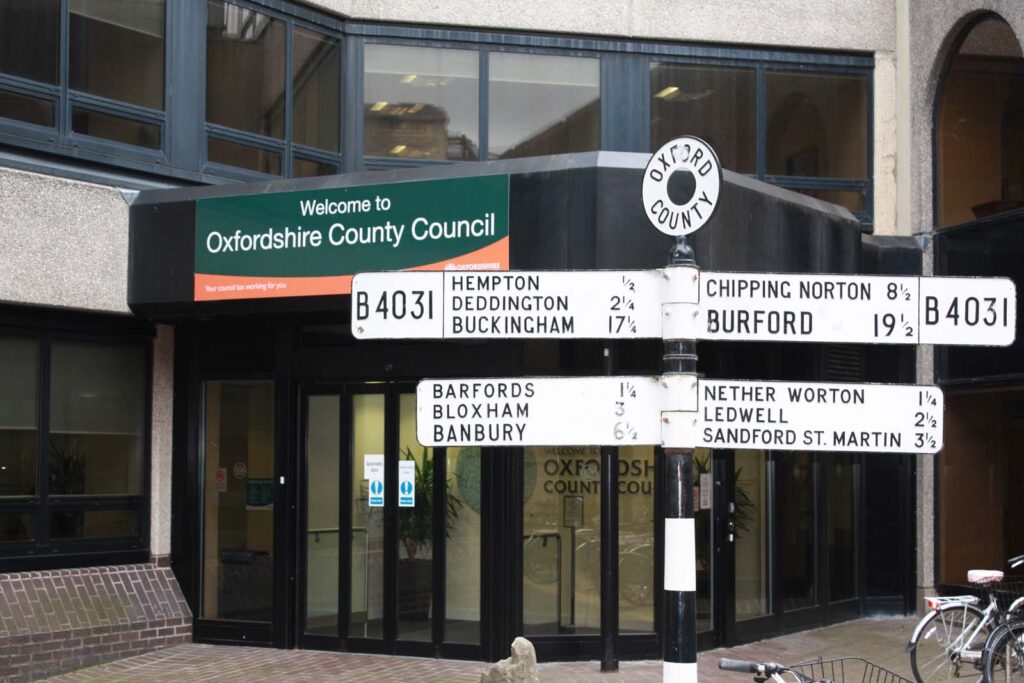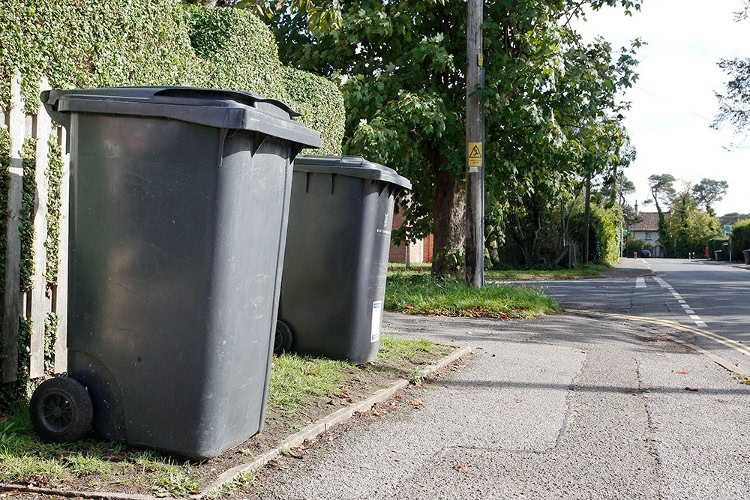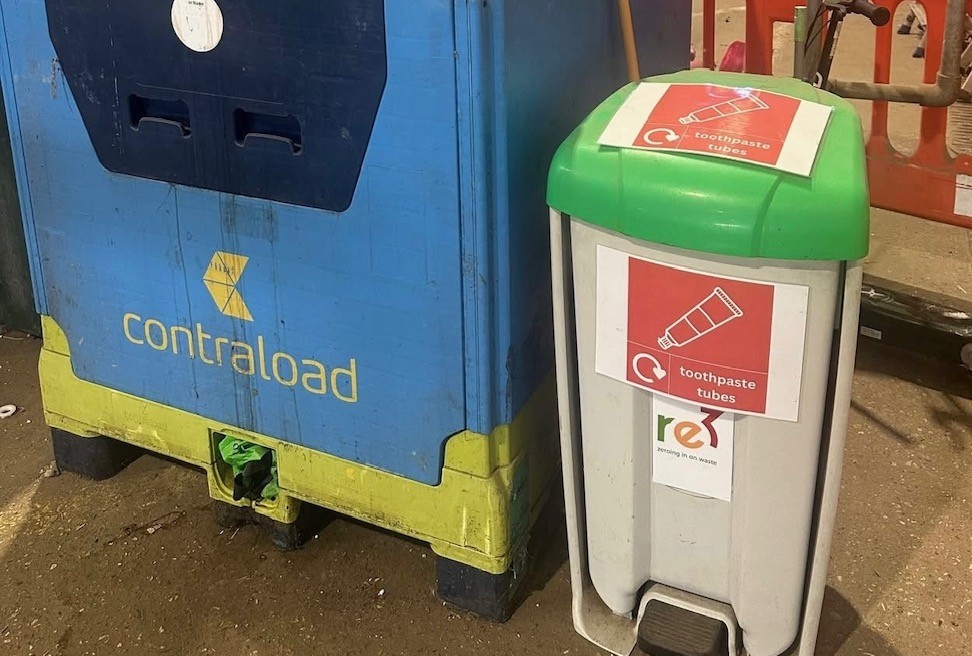The council aims to use its spending power of over £500 million a year for procuring goods and services to play a central role in transitioning to a circular council.
The plan was approved at a meeting of the council’s cabinet last Tuesday (15 July 2025).
It follows similar plans which have been adopted by councils such as Brighton & Hove, East Dunbartonshire, Derry & Strabane, Glasgow City and Islington.
The plan will focus on three principles: designing out waste and pollution, keeping materials and products in use for longer, and regenerating natural systems.
It brings together different policies and workstreams, including those on carbon reduction, waste management, social value, ethical procurement, biodiversity and community wealth building.
A report which was presented at the cabinet meeting found that transitioning to a circular economy could bring direct economic benefit to Oxfordshire businesses of between £400 million and £500 million per year.
Alongside this it could generate £1 billion in wider societal benefit annually and create an additional 6,000 to 7,000 jobs.
This is substantiated by a recent WRAP report which found that circular businesses grow up to two times faster than their linear competitors.
The spokesperson for the council said: “A transition to a circular economy supports living within the planet’s boundaries and will afford future generations the opportunity to have the resources they need to live a good life.”
Oxfordshire county council is the upper tier authority for Oxfordshire and is responsible for countywide services, including waste disposal and recycling. It has a £1.222 billion budget for 2025 to 2026.
The council declared a climate emergency in 2019 and has committed to reaching net zero as a council by 2030 and enabling Oxfordshire to be carbon neutral as early as possible in the 2040s.
It is one of the best local authorities for recycling and waste in the UK and has been named the top performing county council household waste disposal authority in England for 11 consecutive years.
The council hopes to reach a 70% recycling rate by 2030. It’s recycling rate sat at 57.6% as of 2023/24.









Subscribe for free